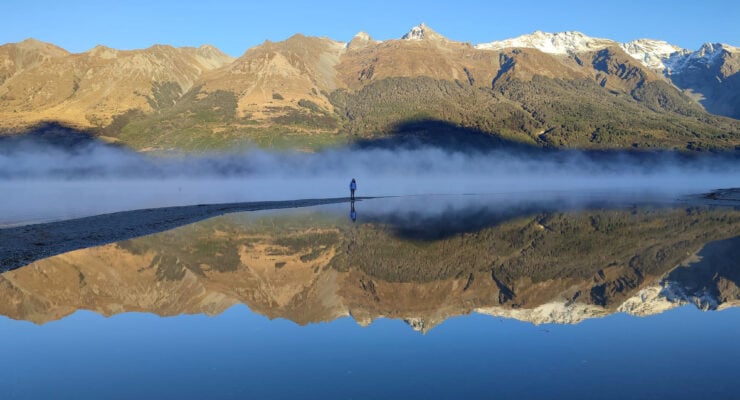The hiring process
Will there be a job interview?
In New Zealand, it’s quite possible to get a job without being asked to a formal interview. This is especially true of casual jobs or sectors that often hire working holiday makers. Your employer might simply ask you a few questions by phone or email.
For more skilled roles or longer contracts, you will probably be invited for a job interview. Interviews can be face-to-face, but it is also common these days to have them by telephone or online.
Depending on the role you’re interviewing for, you might have to answer questions or complete tasks, or it might be more informal and more of a presentation of the working environment than a question and answer format.
Prepare for the interview the same way you would in your home country: reread the job ad, your CV, research the company you have applied for, think about the different questions you could be asked and what you want to ask in return, etc.
Unpaid trials
It is common (especially in the hospitality industry) for employers to ask you to complete an unpaid trial shift before they officially hire you. A trial shift usually lasts for a few hours. The practice is widespread but, unfortunately, New Zealand law does not provide a framework to cover this type of practice. The conditions of your pre-employment trial period must be agreed in advance by both parties before the trial is carried out.
Be wary if you are offered a week’s unpaid trial, for example. Though it’s not illegal to do so, it shows signs the employer may not treat employees fairly. It shouldn’t take an employer longer than one or two shifts to know if you are suitable for the job or not. Make sure you have agreed on a fair duration of the trial and whether it will be paid or unpaid.
Probation period
For some jobs, you will have a trial or probation period, which usually lasts up to 90 days. You are paid as normal during this period. However, your employer can ask you to leave at any time during this period if they don’t think you’re suited to the role, without you being able to sue for unjustified dismissal. You must agree the terms in writing between you and your employer (read your contract carefully!).
Negotiating your wage
In New Zealand, it’s optional for a job ad to include the salary upfront. Before your interview, if the job ad did not specify the salary, try to research the likely salary for the role. You can get an idea of the average acceptable salary for the job/industry on the CareersNZ job database or the Seek salary guide. Remember that average salaries include both experienced and inexperienced jobs, so adjust your expectations based on the level of the role you’re applying for.
Even with substantial work experience outside New Zealand, it is quite possible that you will start at the bottom of the scale (at least for your first job). This may not be as low as minimum wage, but you will be offered the lower range for your particular profession. You can ask if there is potential for a raise once you have proven your capabilities. In New Zealand, it is also acceptable to politely ask your colleagues how much they earn.












 Français
Français English
English




0 comments
{{like.username}}
Loading...
Load more